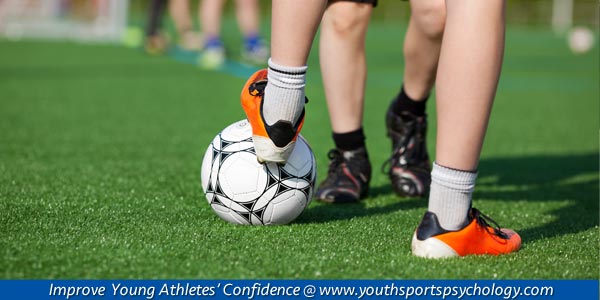Mental Preparation in Recruiting
Honest Game, a sports tech company, has conducted research in 12 states to date and has found that about 50% of high schools in the 12 states don’t offer the courses needed for students to play NCAA college sports.
This issue disproportionately impacts kids at under-resourced schools, where as many as one in two schools lack the courses required by the NCAA.
That’s the message from Joyce Anderson, co-founder and COO of Honest Game, who in an interview with our Ultimate Sports Parent podcast explained how to ensure athletes complete the required courses–and how it helps them.
Even before student athletes learn about whether they qualify to play in college, they’re often already stressed trying to juggle sports with academics, said Anderson. This stress can undermine their performance.
“You have different types of students. They include high achievers who push themselves hard in the classroom and on the court. But they don’t know of the track for NCAA eligibility. Having this information is proactive and alleviates some of the stress,” she said.
The stresses of achieving–both in school and sports–can be debilitating, she added. Some kids are afraid of making mistakes or say they’re just bad at school. Short-term goals can help them.
“We try to harness their passion for sports and motivate them in the classroom so they can see the whole picture,” she said.
To avoid the stress and disappointment of learning that they may not be able to play in college or receive a sports scholarship due to the fact that they didn’t take NCAA required courses, Anderson suggests that sports kids educate themselves about the NCAA academic requirements.
After that, they should create a series of goals that help them meet the requirements.
“Goal setting is so important for student athletes,” she said. But often, they don’t know where to begin.
Honest Game tracks the requirements for different divisions and conferences and provides short-term goals.
“You can find out if they’re on track or if they can be recruited,” Anderson said. “Some kids assume they’re eligible when they are not.”
Young athletes are often relieved when they discover what they should do, Anderson said.
This includes understanding transfer requirements, or how to improve their grades. “Having short-term goals and a clear pathway provides a sigh of relief,” she said.
Listen to the entire podcast with Joyce Anderson
Related Articles on Kids’ Mental Game:
- College Sports and Bully Coaches: Rutgers’ Rice Fired
- How Sports Kids’ Mental Game Affects College Recruitment
- Yes, College Recruiters Evaluate Players’ Mental Game
*Subscribe to The Sports Psychology Podcast on iTunes
*Subscribe to The Sports Psychology Podcast on Spotify
Improve Your Mental Game From Anywhere In The World

We’re certain that, as a parent, you want to help your child develop confidence and discipline in sports and life. And as a sports parent, you’d love for your children to reach their potential in sports. But encouraging your child to strive for greatness without pressuring them can be a challenge.
You can get expert mental coaching with us from anywhere. Meet with us via Zoom, Skype, FaceTime or phone call. With today’s video technology, we are able to connect with athletes and coaches all over the globe.
Call Us Today to Schedule Your Free 15-Minute Session.
Find Out How Your Athlete Can Benefit From One-on-One Mental Coaching!

